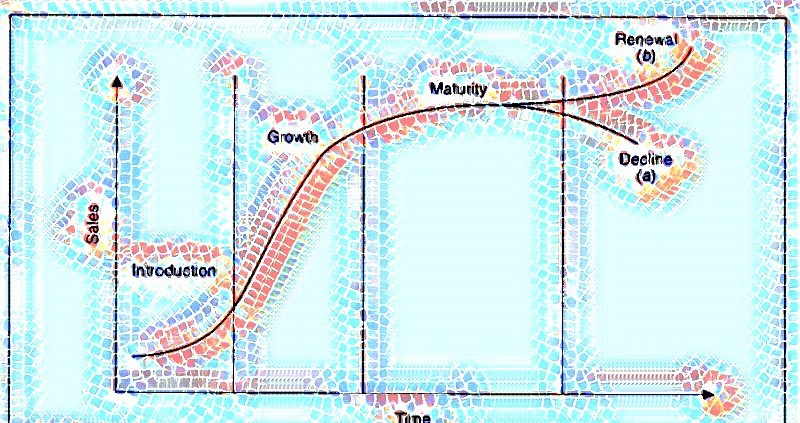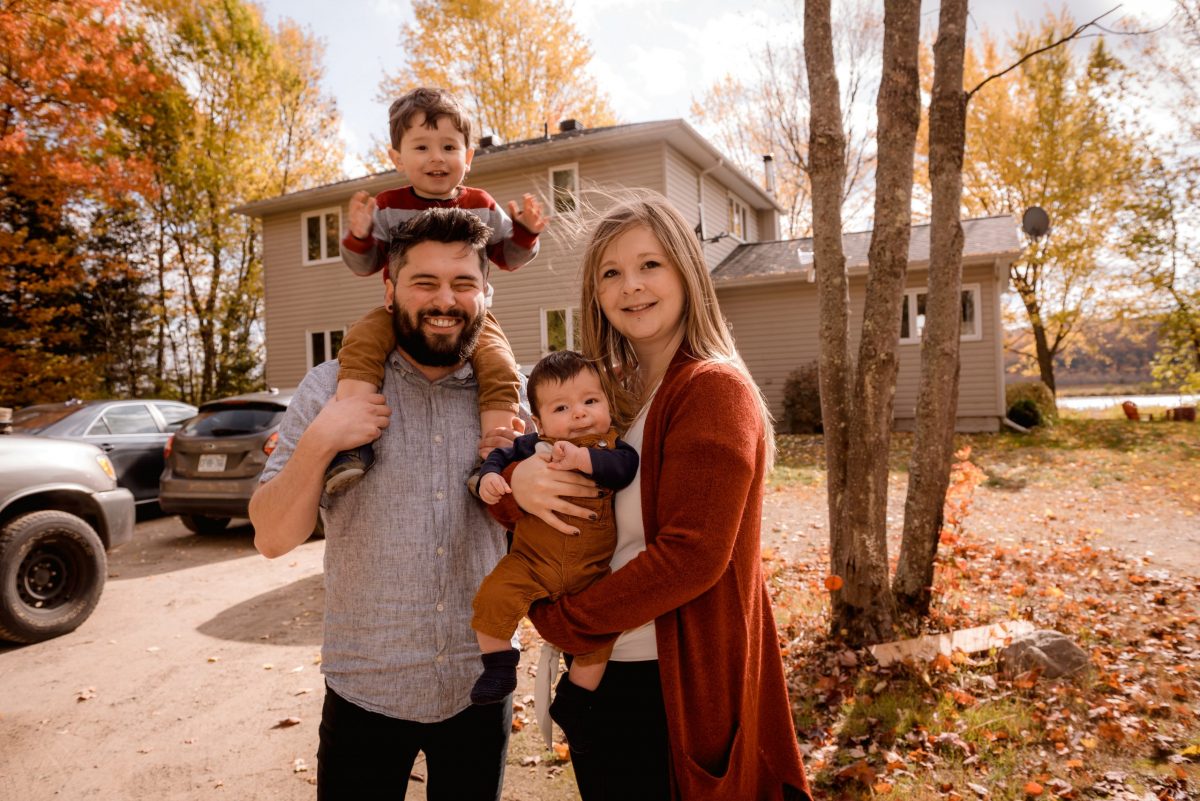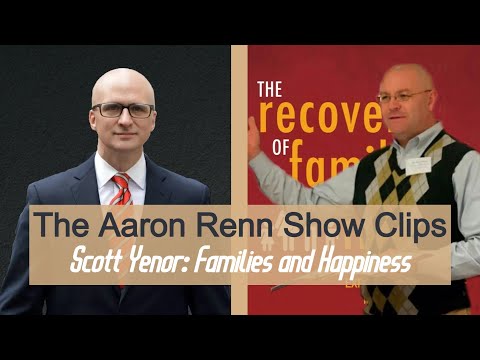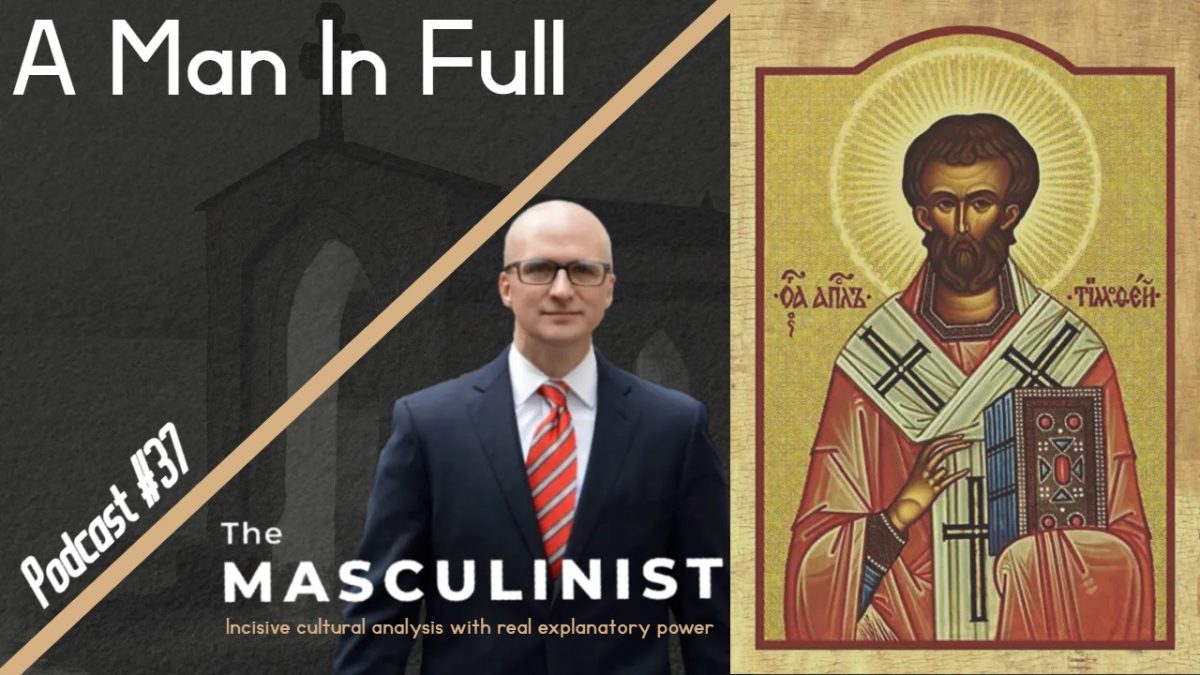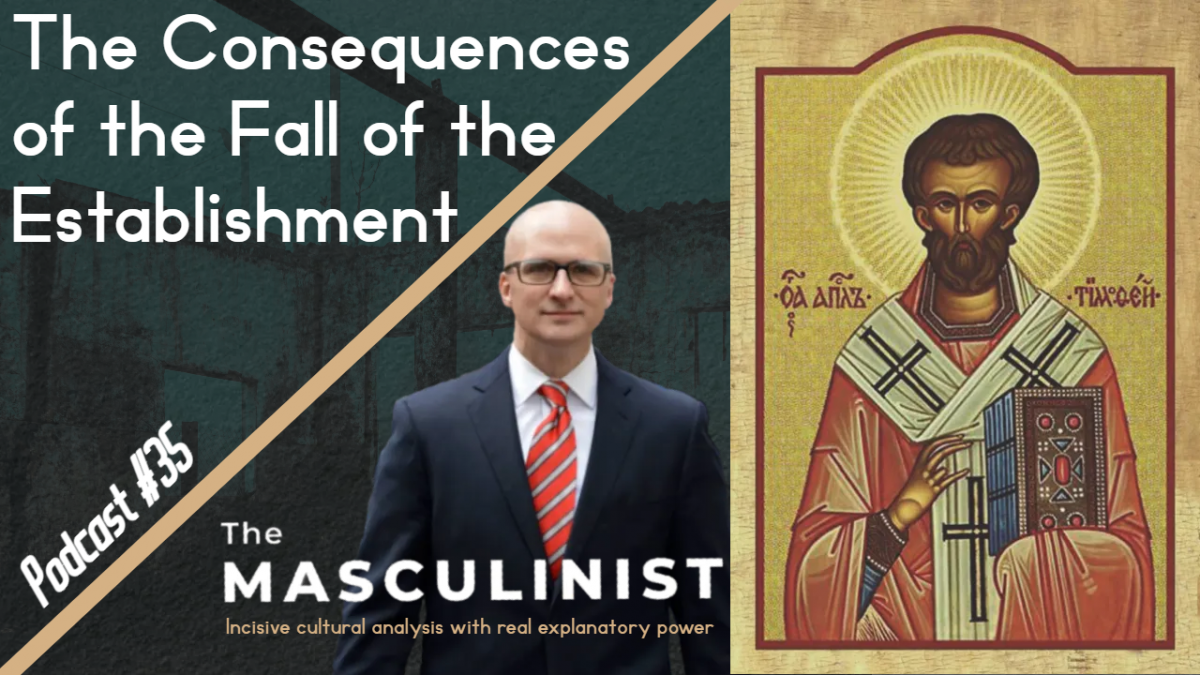In other words, civic organizations in Allentown connected the economic elite to others in the community. But in Youngstown civic organizations were dominated by economic elites and thus the civic organizations, though separate entities, just reinforced existing networks rather than creating new ones. Other people were left out, unconnected. For our purposes, the Youngstown type system could create the illusion, if you were connected both to the economic network and the civic network, that you were connected to two separate networks, when in reality you were connected to only a single real network.
It’s very easy to see how this effect can come into play in Christian circles. For example, let’s say I’m connected to John Piper’s network (Desiring God) and the Council on Biblical Manhood and Womanhood network and the 9Marks network. I think I’m accessing all of these networks, but the fact is they overlap enormously. All of the networks in conservative Reformed circles are highly interconnected and form a largely closed system. There’s a vast array of Christian networks to which these groups are mostly not connected. (Even just within lower Manhattan, Evangelical churches and people are not nearly as connected with each other as you might think). So if you are trying to reach Christians and you are starting in Reformed circles, one of your asymptotes is this closed network structure.
A guy who saw this kind of problem coming a mile away and took preventive action was Tim Keller. Keller’s Redeemer is a big and successful megachurch, but his ambition was to reach New York City (and beyond) for Christ. Obviously no one church, even a multi-site one, could do that. So he decided to plant other churches.
Here’s where the ceiling comes into play. Keller’s church is part of the Presbyterian Church in America. He could have,…
